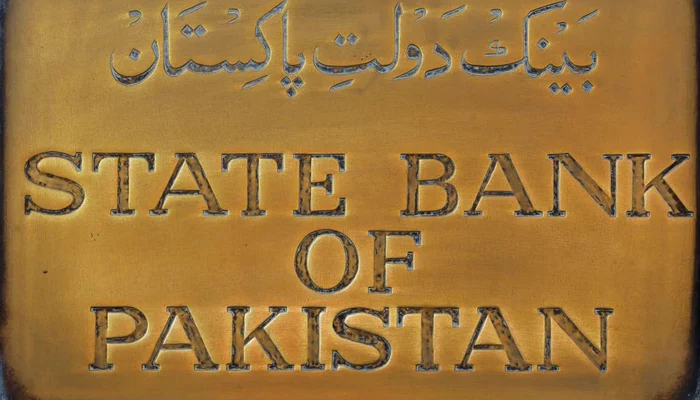In an off-cycle review, the State Bank of Pakistan (SBP) raised its key interest rate by 300 basis points on Thursday, exceeding investor expectations, as the cash-strapped country seeks to encourage the International Monetary Fund (IMF) to release critical financing.
The key rate of the SBP now stands at 20%, its highest level since October 1996, with consumer price inflation now at its highest level for almost 50 years.
The Monetary Policy Committee’s (MPC) next meeting is set to be held on April 4.
Arif Habib Limited compiled key takeaways from the meeting’s outcome, here they are:
– National CPI has swelled up to 31.5% YoY during February 2023, with core inflation at 17.1% in urban and 21.5% in the rural basket.
– The near-term inflation outlook has deteriorated post external and fiscal adjustments undertaken recently.
– The MPC has raised its CPI forecast for the year to 27-29% against the November 2022 forecast of 21-23%.
– Inflation in upcoming months can drift higher, albeit, at a gradual pace, as the impact of said adjustments unfolds.
– The committee noted that external account challenges persist despite the significant contraction in the current account deficit, recorded at $242 million in January 2023 (lowest since March 2021).
– Pressure on forex reserves and rupee-dollar parity also remain in place, regardless of a 67% decline in current account deficit in the Jul-Jan 2023 period given ongoing debt repayments, and lower financial inflows amid “rising global interest rates and domestic uncertainties.”
– The conclusion of the ninth review of the IMF’s EFF remains crucial to address external-sector vulnerabilities.
– Additionally, the MPC urged the implementation of energy conservation measures to alleviate pressure on the external account and to meet vital imports from other sectors.
– Fiscal consolidation remains critical for economic stability and recent measures like increase in GST and excise duties, restricted subsidies, and adjustment in energy prices should help contain the widening fiscal and primary deficits.
– This will complement the ongoing monetary tightening and help bring down inflation over the medium term.
– The committee also assessed the impact of further monetary tightening on the country’s financial stability and near-term growth.
– It was observed that “risks to financial stability remain contained, given that financial institutions are broadly well capitalized.”
– However, growth will be compromised as a trade-off.
– However, the MPC reiterated that the long-term costs of letting inflation become entrenched outweigh the immediate costs of bringing it down.
– Barring any future shocks, the committee believes that today’s decision has pushed the real interest rate into positive territory on a forward-looking basis.
– The medium-term CPI target remains unchanged at 5-7%, by end-FY25.

 Latest News1 day ago
Latest News1 day ago
 Business2 days ago
Business2 days ago
 Latest News2 days ago
Latest News2 days ago
 Business2 days ago
Business2 days ago
 Latest News2 days ago
Latest News2 days ago
 Latest News1 day ago
Latest News1 day ago
 Latest News2 days ago
Latest News2 days ago
 Latest News1 day ago
Latest News1 day ago






















